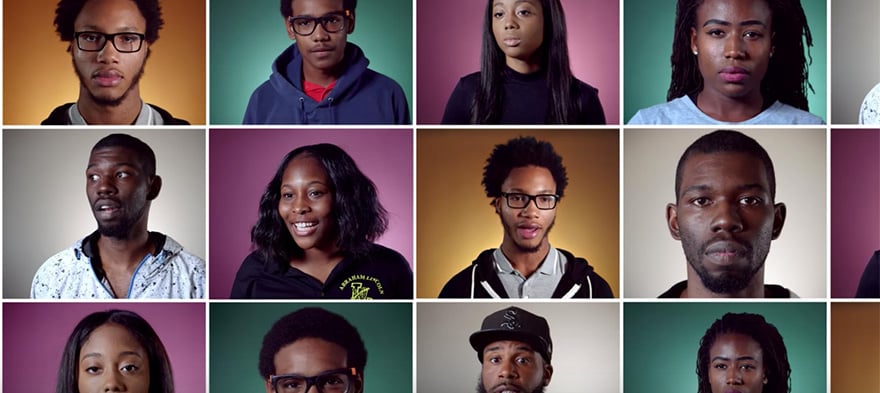
Dec 6, 2016 12:00:00 AM
This youth-led health assessment was designed to tap into young people’s perspectives by engaging them not only as partners, but as leaders in community health research and assessment.The research was conducted in partnership with youth organizations and grassroots organizers in five major U.S. cities: Boston, Chicago, Denver, Philadelphia and St. Paul. The students from across all areas came to the same conclusions:
Matt Fulle is an intern at Education Post and an undergraduate at Northwestern University's School of Communication studying communication studies and legal studies. He has spent the last 5 years working to advance student voice in education reform. In high school, he helped to start a pilot program for student surveys as a form of teacher evaluation for the Seattle Public School District. In college, he was the external programming coordinator for Northwestern University's chapter of Students for Education Reform.
Few issues in education spark more tension and debate than standardized testing. Are they a tool for equity or a burden on students? A necessary check on school systems or a flawed measure of...
Charter schools are public schools with a purpose. Operating independently from traditional school districts, they're tuition-free, open to all students, and publicly funded—but with more flexibility...
Despite the benefits of a diverse teaching force, prospective teachers of color fall out of our leaky preparation pipeline at every stage: preparation, hiring, induction, and retention. Here’s what...
Ed Post is the flagship website platform of brightbeam, a 501(c3) network of education activists and influencers demanding a better education and a brighter future for every child.
© 2020-2025 brightbeam. All rights reserved.
Leave a Comment